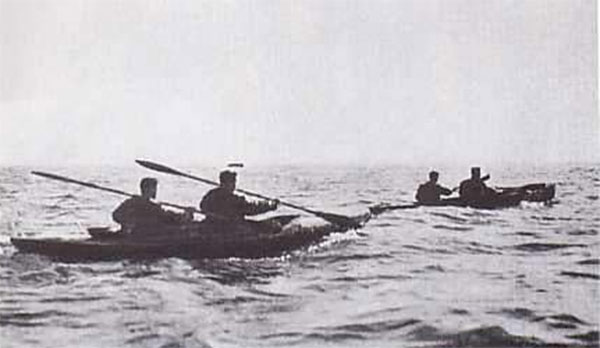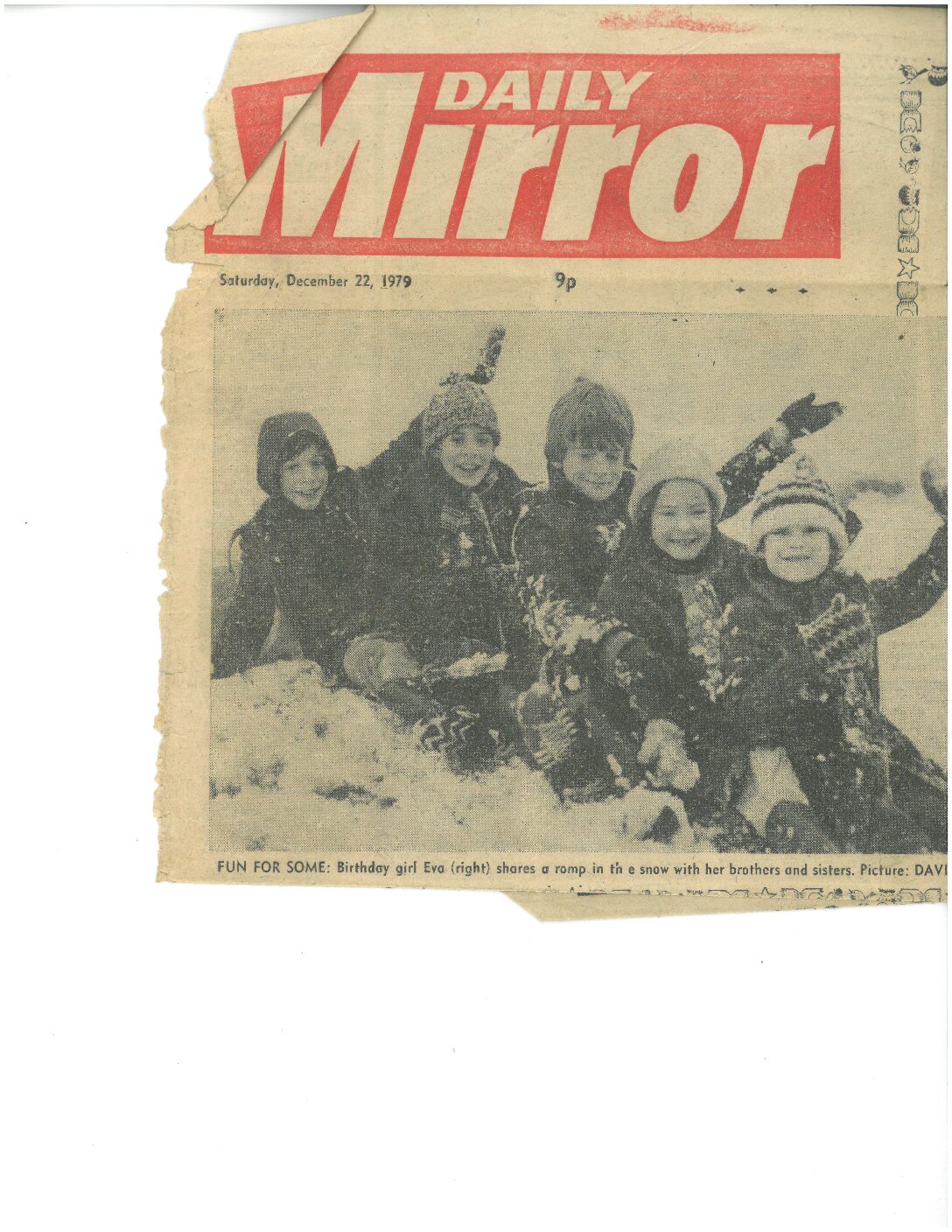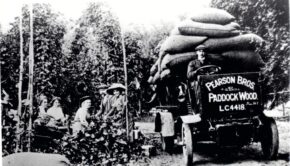Crowborough’s Cockleshell Hero
In 1942 twelve young men set out on arguably the most dangerous mission of the Second World War.
During Operation Frankton they were to pair up and row in canoes for five miles across open sea from a submarine to the mouth of the river Gironde. Then, from the mouth of the river to the harbour of Bordeaux – some 70 miles upstream, all under severe German surveillance. As if this was not enough, once in the harbour they were to attach explosives to as many enemy ships as they could – and then blow them sky high.
The mission was to be led by Major ‘Blondie’ Hasler, a maverick and superb leader. He was to be partnered by Marine Bill Sparks, who would later settle in Queens Road, Crowborough. They were the only two who would survive the mission.
The men nicknamed their canoes ‘cockles’ and history has since remembered them as the ‘Cockleshell Heroes’. Each canoe had its own ocean-themed name: Corporal Sheer and Marine Moffatt in ‘Conger’; Marines Fisher and Ellery in ‘Cachalot’; Sergeant Wallace and Marine Ewart in ‘Coalfish’; Lieutenant Mackinnon and Marine Conway in ‘Cuttlefish’; Corporal Laver and Marine Mills in ‘Crayfish’ and then Hasler and Sparks in ‘Catfish’.
Cachalot was damaged as it was hoisted out of the submarine and the devastated Fisher and Ellery were left behind. Conger capsized on the way to the Gironde, with Sheer and Moffatt being towed as far as possible by the other canoes. They were left to swim the short distance to the shore as the canoes continued up the river, but sadly they were never seen again.
Coalfish got into difficulty and both men were captured, interrogated and shot by the Nazis, as were Mackinnon and Conway in Cuttlefish.
Of the initial six canoes, now only two remained. Catfish and Crayfish continued to follow their perilous course, sailing during the night and hiding during the day. Finally they reached the harbour and they painstakingly kept to the shadows and attached their explosives to the hulls of the huge ships.
Hours later, when the timers activated, the harbour shook with the destruction of six German ships.
The men disappeared as smoothly and quietly as they had arrived, abandoning their canoes at a predetermined spot and then making their way to safety on foot. The Germans knew the only viable destination for the commandos would be Spain. The four men therefore travelled 100 miles in the opposite direction and then double-backed.
Heading for Gibraltar, Laver and Mills were intercepted and shot. Hasler and Sparks were assisted by the French Resistance and reached their destination – 15 weeks after the mission began.
Bill Sparks was awarded a Distinguished Service Medal for his role in Frankton. On the 50th anniversary of the raid, as the last surviving ‘Cockleshell Hero’, he was invited to France to unveil a plaque in memory of his comrades. Just before his visit it was angrily reported he had been forced to sell his medal, after having his disability pension reduced by £1,000 a year.
Clearly he was not a man to complain, saying: “I disassociate myself with the report. I have a very good relationship with the Marines.”






Comments